The simple answer to this question is that a passivhaus is a very, very energy efficient house.
A passivhaus is designed and built to minimize the energy needed to heat it. Effective insulation, air-tightness (no draughts!), and orientation (where your house is in relation to the sun) means that the house should require very minimal input from an active heat source (fires, central heating, hot air ducts etc). Instead, the heat generated by things like the oven, lightbulbs, and human or animal bodies (passive sources) should give off sufficient heat to keep the house at a comfortable temperature.
What does this mean in practice? Here’s some of what you can expect from a passivhaus:
- A well thought out, built-to-last home – there’s a lot of maths and physics that goes into planning these buildings so they are made to last
- Lower energy bills.
- A much lower carbon footprint
- A comfortable and healthy environment: with no draughts or condensation to create mould or cold spots and with air continually circulated, the house actively promotes a good quality of life, especially for people with allergies.
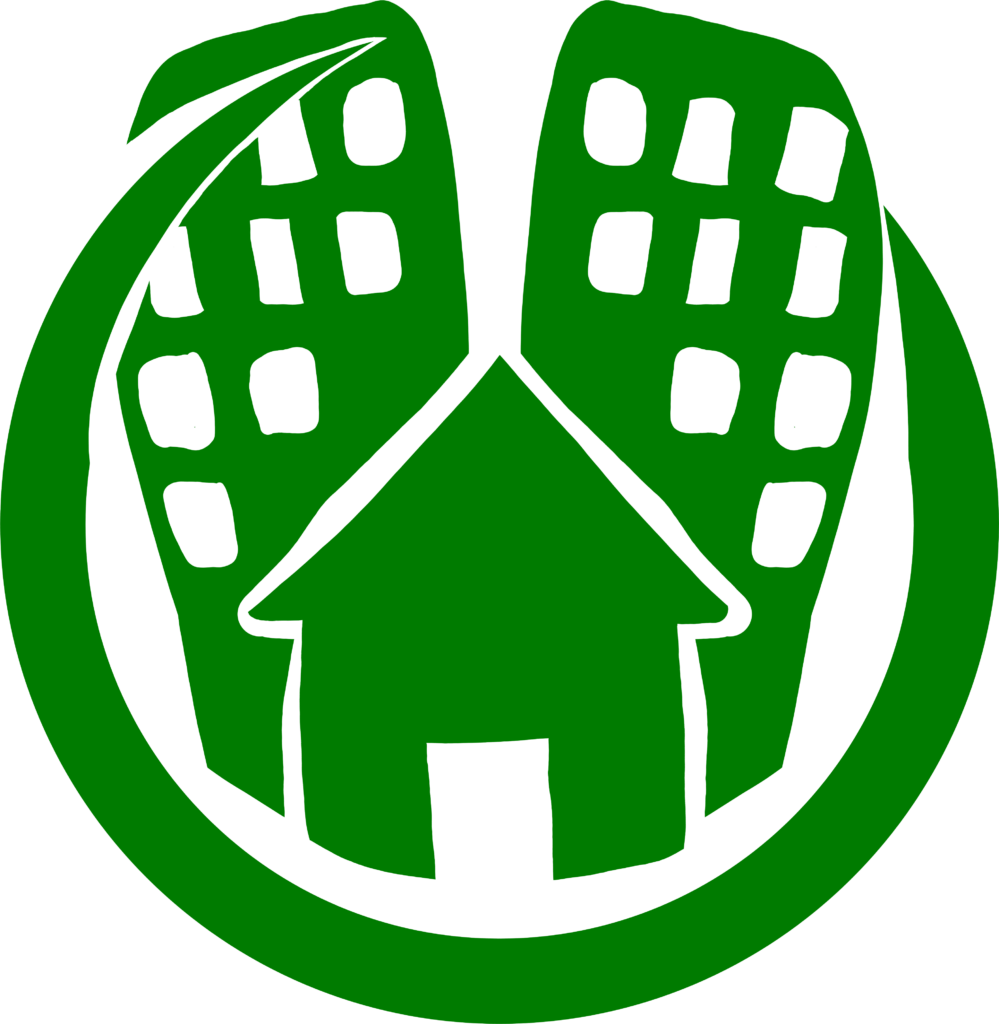
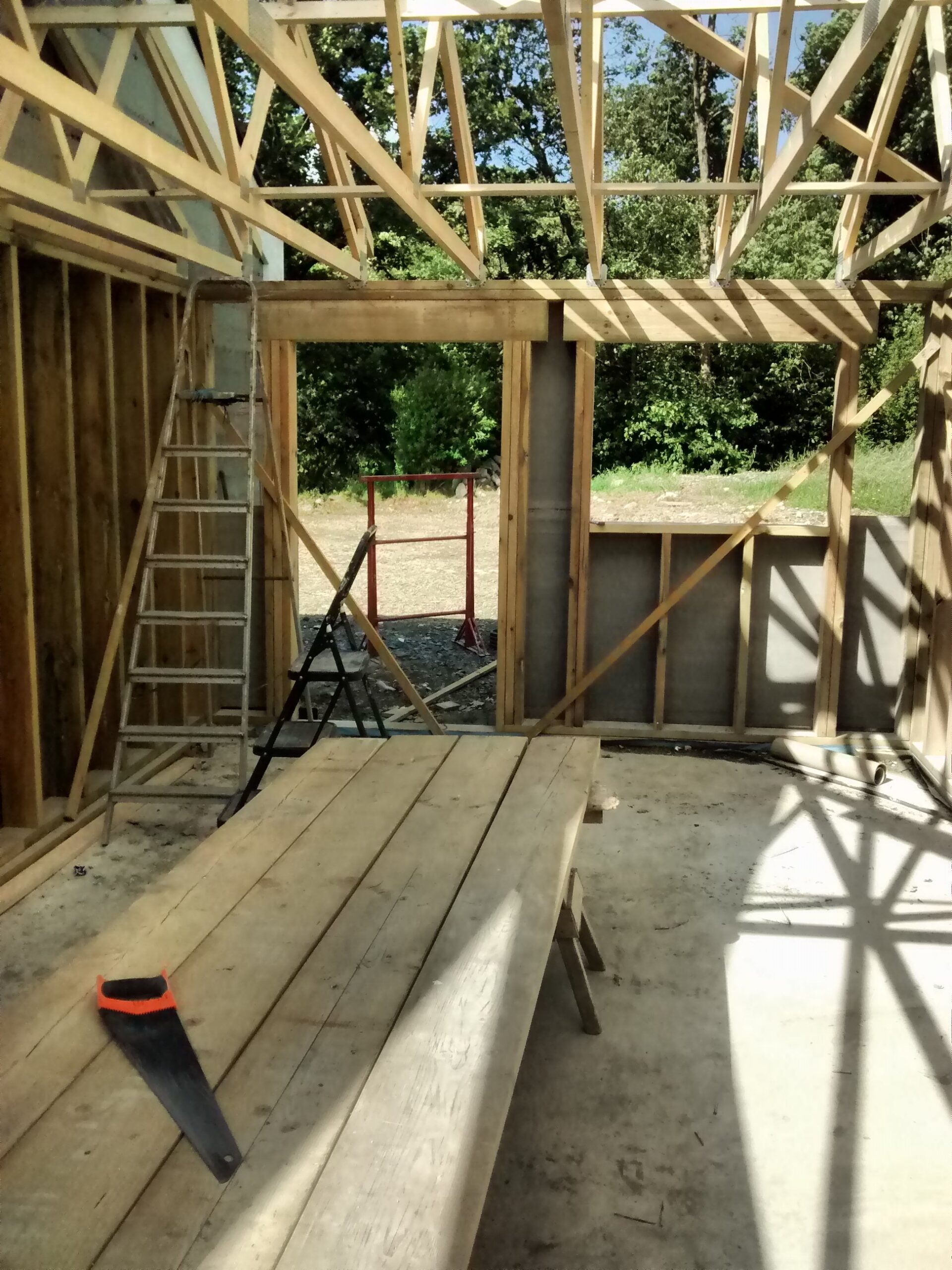
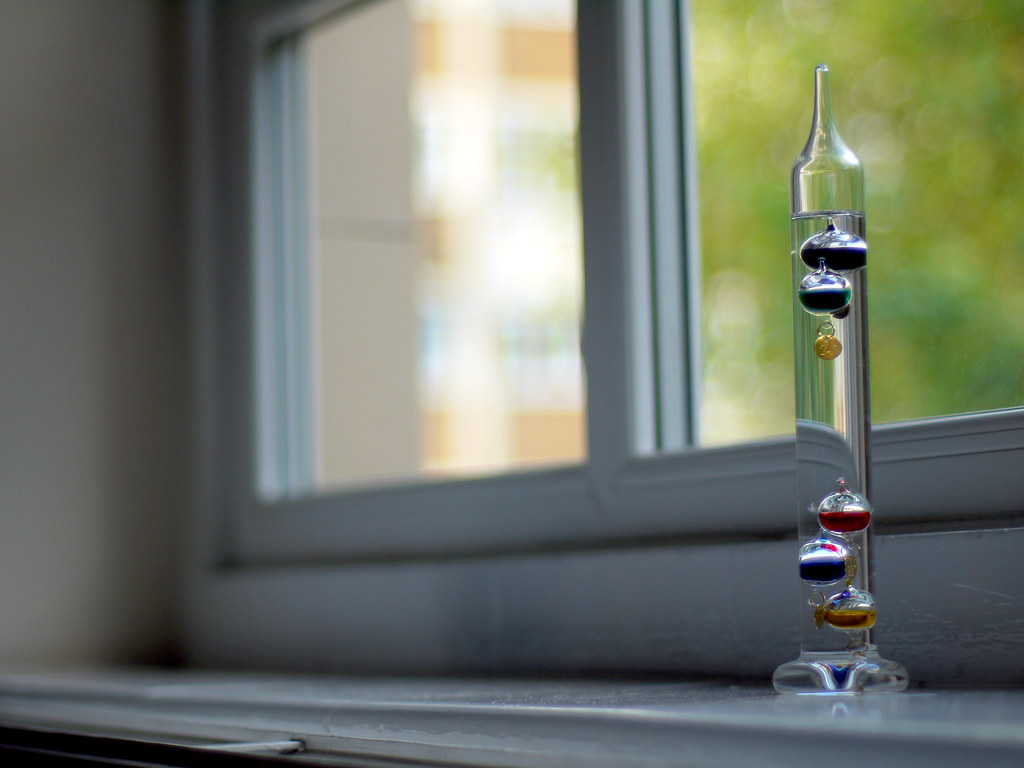

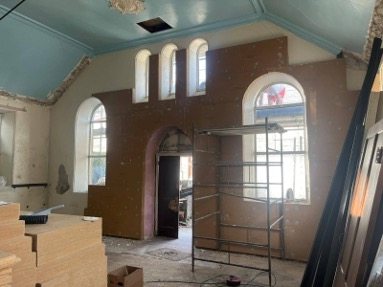


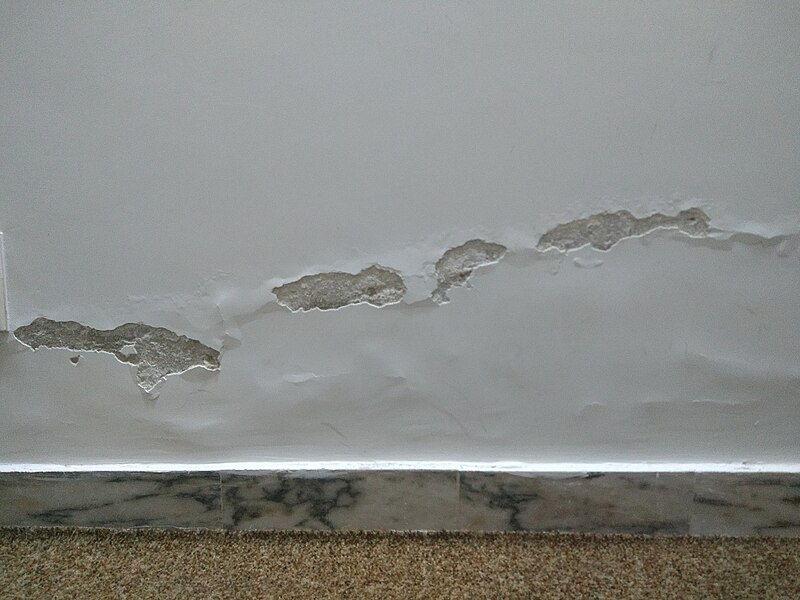
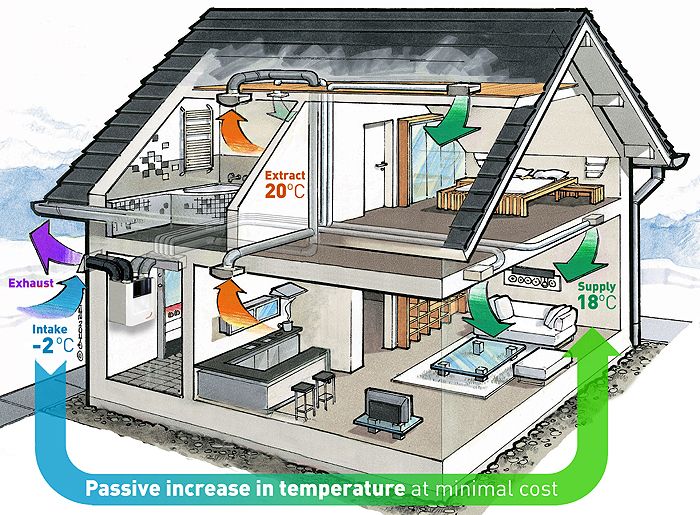
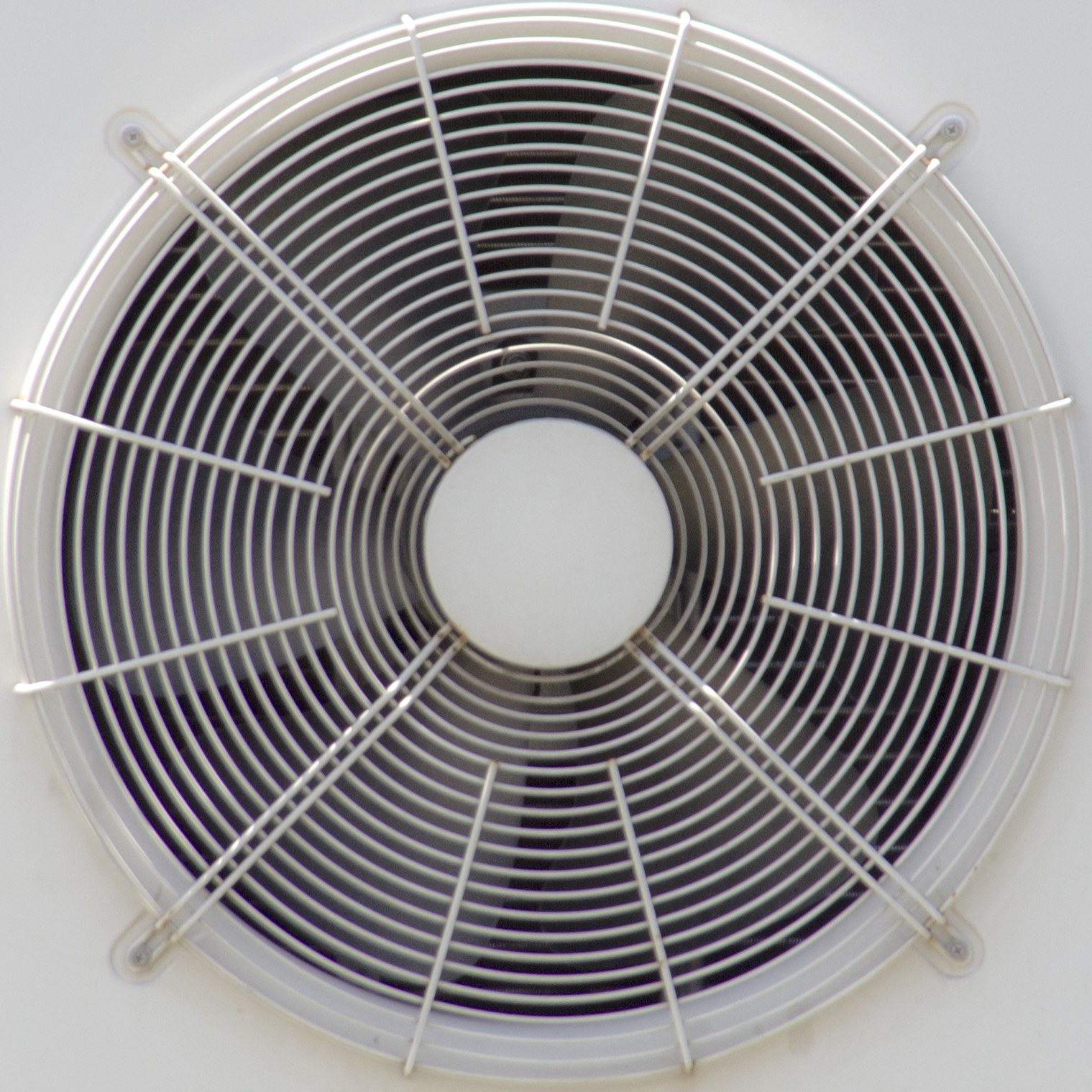
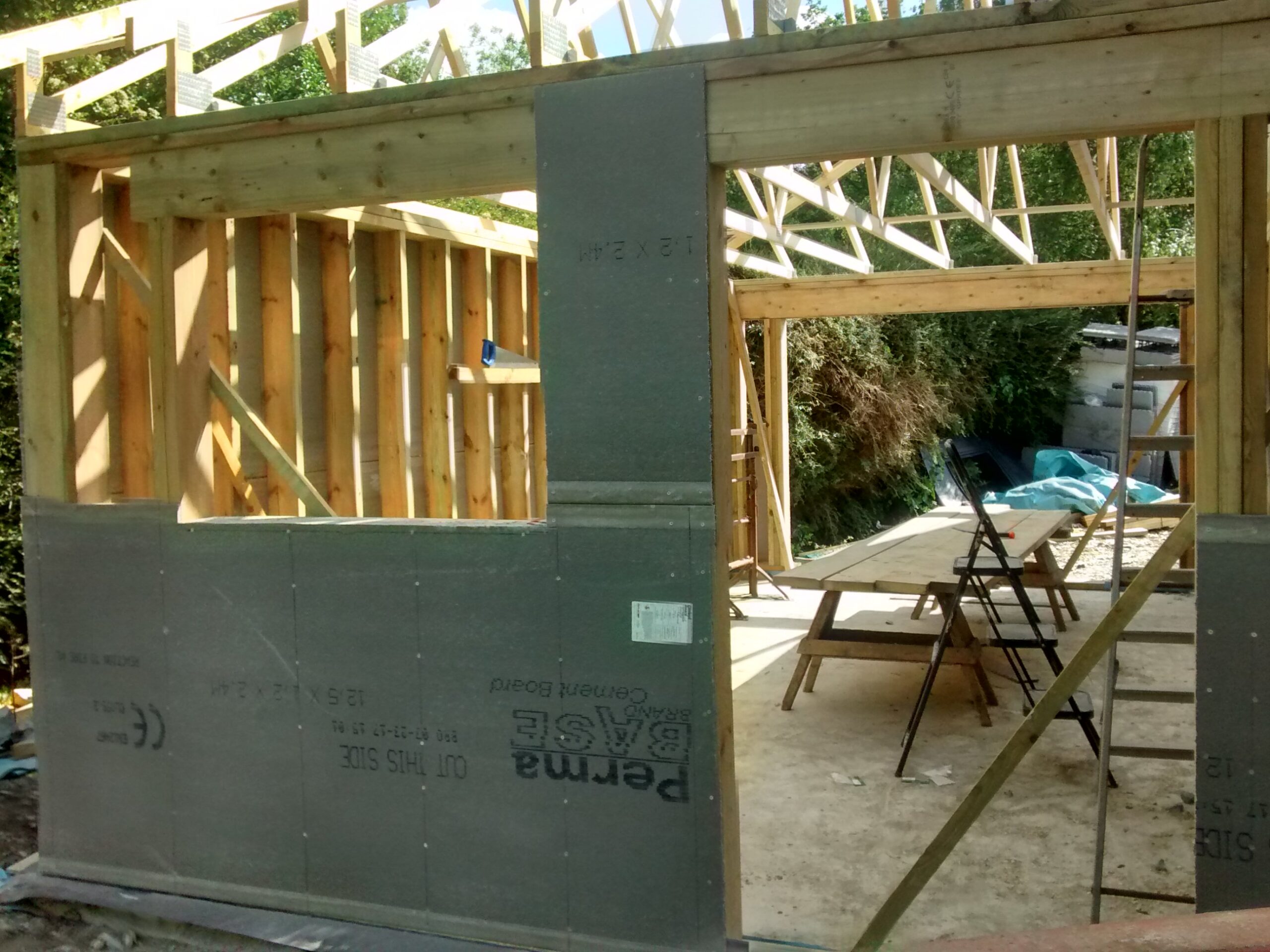
Comments
One response to “What is a Passivhaus? (simple answer)”
Hi, this is a comment.
To get started with moderating, editing, and deleting comments, please visit the Comments screen in the dashboard.
Commenter avatars come from Gravatar.